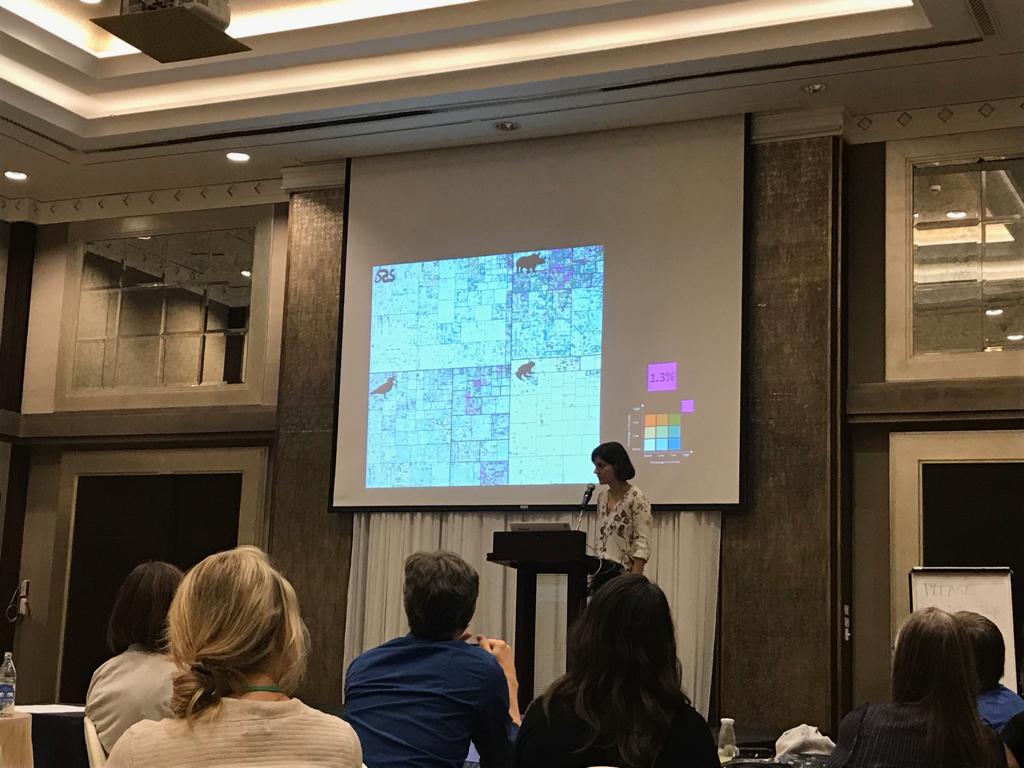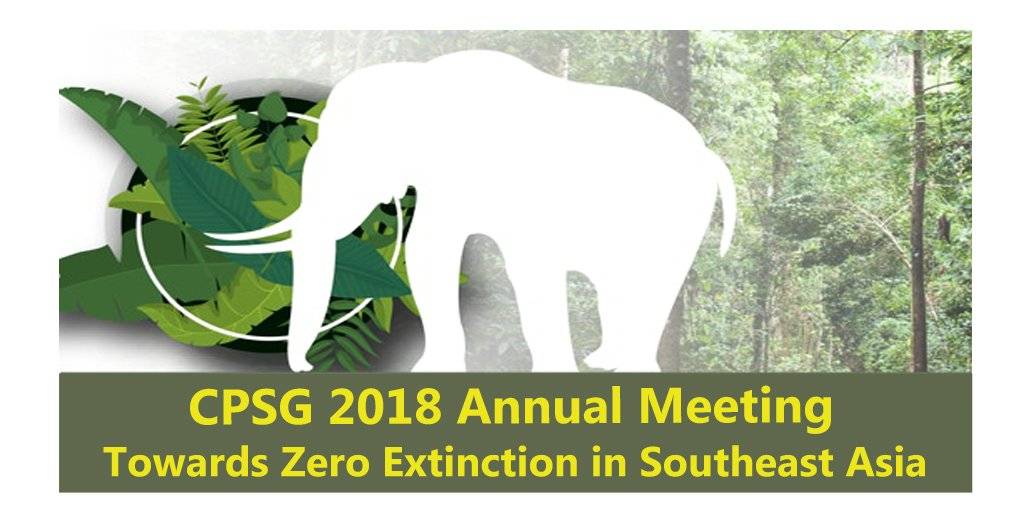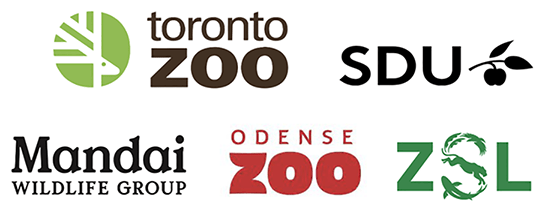As wildlife is rapidly declining at an unprecedented rate new innovative tools and approaches are needed for tackling challenges of species conservation. Some of these innovative approaches were presented today by Species360 Conservation Science Alliance member Dr. Johanna Staerk at the equally named plenary session of the Species Conservation Toolkit Initiative (SCTI) at the 2018 Annual Meeting of the Conservation Planning Specialist Group (CPSG). SCTI is a partnership to ensure that the new innovations and tools needed for species risk assessment, conservation planning, and managing populations are developed, are globally available, and are used effectively.

The session was moderated by Dr. Robert C. Lacy from the SCTI Management Team where Dr. Staerk presented alongside Dr. Caroline Lees (CPSG), Dr. Catherine Grueber (University of Sydney), and Dr. Paul Pearce Kelly (Zoological Society of London). Dr. Staerk’s presentation highlighted the use of data science methods to leverage data from the Species360 Zoological Information Management System (ZIMS) database to fill conservation knowledge gaps. For example, she emphasized the importance of standardized demographic data (see also Demographic Species Knowledge Index) and the use of Bayesian statistics to conduct survival analysis for species with missing data on birth and death dates (See also Colchero et al., 2012 BASTa).
SCTI has been working closely with Species360 to ensure full compatibility and exchange of data between the ZIMS and PMx, SCTI’s population management software, which is heavily used for studbooks by ZIMS users. The SCTI team and the science team of Species360 will continue to share new developments and discuss possible areas of collaboration.








